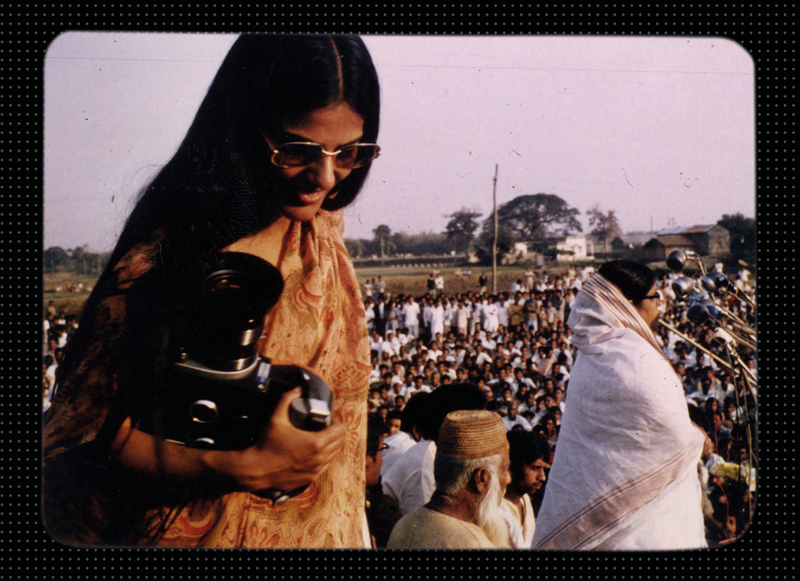
2022 | Screenings | On ‘The Fifth Wall’ | Navina Sundaram
On ‘The Fifth Wall’: a digital archive | Navina Sundaram
Screenings
17–31 January 2022
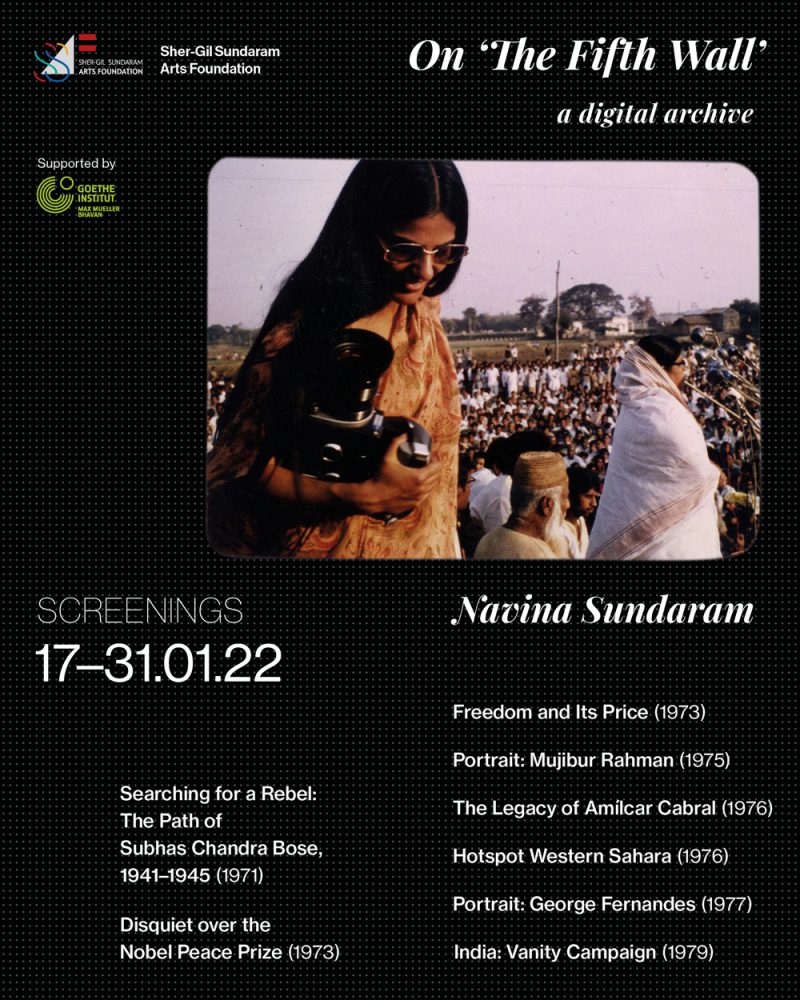
A panel discussion and screenings to celebrate the digital archive, ‘The Fifth Wall’, created by Merle Kröger and Mareike Bernien: the archive brings together films, reports, texts, letters, photographs, and layers of annotations on Navina Sundaram’s work during her career of 40 years in public television. It is simultaneously a bio-narrative, an evidential media history, and an expansion of the potential of screen and digital formats.
Navina Sundaram, born 1945, grew up and studied in New Delhi. She worked as editor and reporter in the current affairs department, foreign correspondent and anchorwoman at North German Broadcasting (Norddeutscher Rundfunk/NDR) from 1970 till 2004. Her films deal with social, political, economic and cultural issues in Europe, South America, Africa, South Asia and Southeast Asia. Her research and reportage on international affairs and political histories reflect her vantage position at the crossroads of critical post-colonial voices emerging from the global South and the post-war reorganization of Western Europe, specifically Germany. Navina Sundaram is co-founder and managing trustee of SSAF.
The following selection of documentaries and television reports by Navina Sundaram were screened online from 17 to 31 January 2022.
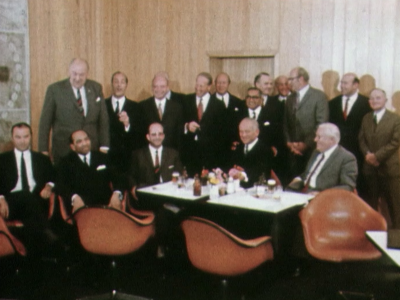
Searching for a Rebel: The Path of Subhas Chandra Bose, 1941–1945
6 April 1971 | 44 min 18 s
Subhas Chandra Bose was one of the most striking figures in the Indian struggle for independence. In contrast to Mahatma Gandhi, he wanted to end British colonial rule by armed force. He therefore sought to ally himself with the Axis powers in the Second World War, although he was neither a fascist nor a national socialist. Navina Sundaram’s feature is based on intensive research and a meticulous search for material on Bose in India and Europe. It focuses on the period between March 1941 and February 1943, when Bose was in Berlin and set up the ‘Indian Legion’. Twenty-five years after the war, a meeting with former Indian and German legionnaires in Hamburg revives memories.
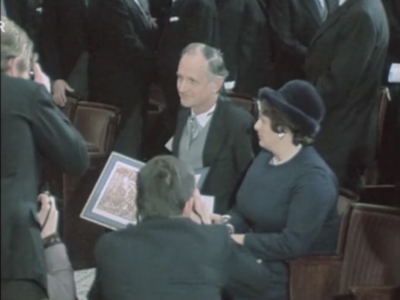
Disquiet over the Nobel Peace Prize
16 December 1973 | 4 min 24 s
In her coverage of the Nobel Peace Prize award ceremony in Oslo, Navina Sundaram makes no secret of her criticism of the decision to confer the prize on US Secretary of State Henry Kissinger and Lê Đức Thọ, Politburo member of the North Vietnamese Communist Party. She is not alone in her criticism: there are protests worldwide, the New York Times speaks of a ‘war prize’, and in Norway, left-wing groups protest against the failure of the negotiated ceasefire in Vietnam. The report concludes with the alternative peace prize awarded to the Brazilian Archbishop Camara. Amidst the din of the Cold War, it is crucial to draw attention to the ‘silent war’, the growing inequality between the North and the South.
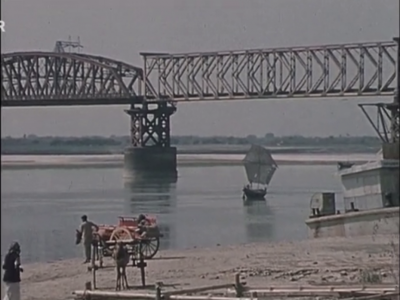
Freedom and Its Price
25 July 1973 | 43 min 14 s
In this film Navina Sundaram visits Bangladesh shortly after its formation. It begins in a military hospital for young soldiers and questions the price paid for the hard-won freedom from Pakistan. Using original footage and interviews, Sundaram narrates in modern documentary form the story of Bengali nationalism in the region against the backdrop of colonial history. The freedom struggle is embodied by President Sheikh Mujibur Rahman, the ‘father of the nation’, and the four pillars of his politics, nationalism, democracy, socialism and secularism. Sundaram traces the implementation of these through encounters with Hindu and Muslim groups, Bihari migrants, farming families and cooperatives. World politics is reflected in the fate of the young nation: Russian, Chinese, Indian and US interests determine Bangladesh’s present.
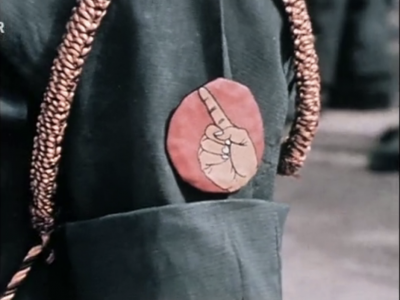
Portrait: Mujibur Rahman
17 August 1975 | 3 min 12 s
On 15 August 1975, two days after the overthrow of the Sheikh Mujibur Rahman government in Bangladesh, the Weltspiegel magazine broadcast this portrait of the assassinated head of state by Navina Sundaram. While showing material she had shot two years earlier for her feature, Freedom and Its Price, the commentary reflects the disappointment of Bangladeshi citizens as well as the world sympathizing with the young republic, for Sheikh Mujibur Rahman had failed to achieve the high democratic goals he had set for himself during three years in office. Sundaram criticises the personality cult, nepotism and growing isolation of the charismatic politician that ultimately led to his fall.
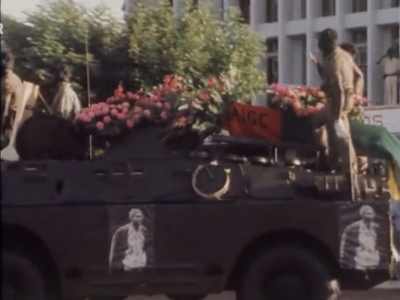
The Legacy of Amílcar Cabral
7 November 1976 | 7 min 43 s
For this piece for Weltspiegel magazine, Navina Sundaram travels to Guinea-Bissau. The occasion: the repatriation from the neighbouring country of Guinea of the mortal remains of Amílcar Cabral, independence fighter and founder of the Unity Party of Guinea-Bissau, who had been assassinated three years earlier in a conspiracy by the Portuguese secret service. With images of fishery and farming, and the ceremonial escort for the national hero, Sundaram emphasises the impact of the ten-year liberation struggle of this small country on the decolonisation of Mozambique and Angola, large countries of Lusophone Africa, up to the Carnation Revolution in Portugal, which give Amílcar Cabral a world-historical position beyond his national significance.
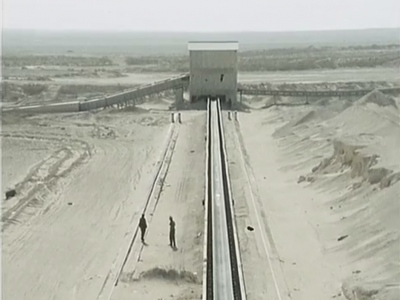
Hotspot Western Sahara
1 February 1976 | 9 min 48 s
In 1976, as a reporter for the ARD, Navina Sundaram had the opportunity to experience first-hand a moment of decolonisation in the former Spanish-Sahara. This resulted in a piece for the Tagesschau news programme and this longer report for Weltspiegel magazine. The film begins with the departure of the last Spanish soldiers: “A colony was abandoned,” Sundaram comments, “and as always, it was an exit without honour.” But two other armies are already in the country: Mauritania and Morocco have reached an agreement that Algeria doesn’t accept. In doing so, the Sahrawis’ right to autonomy is being disregarded. Although the Polisario Front is fighting for their rights with Algerian support, their top representatives are convinced that ‘brothers’ from Morocco in the north are the better choice. In reality, the conflict revolves around the phosphate mines in the desert with which Morocco wants to control global trade, while Algeria needs direct access to the Atlantic port of El Aaiun for its iron ore exports.
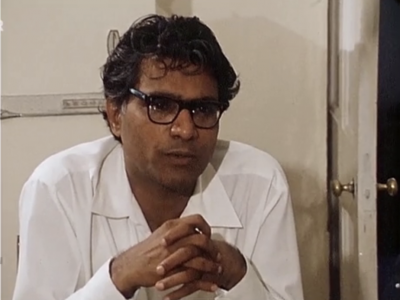
Portrait: George Fernandes
5 June 1977 | 7 min 19 s
With this portrait of the socialist George Fernandes for Weltspiegel magazine, Navina Sundaram portrays another political facet of post-colonial Indian democracy. The trade union leader led a passionate struggle against Indira Gandhi’s Emergency from 1975 to 1977, which sent him and 38,000 others to prison. With the support of Socialist International, Fernandes campaigned for his party from prison. After the electoral victory of a broad alliance formed by parties that opposed the Emergency, he was released and appointed Minister of Postal Services in the new government. Sundaram visits the charismatic politician, who is forthright in his scepticism about India’s crippling bureaucracy, the privileges of parliamentarians and the feudal ‘petition system’.
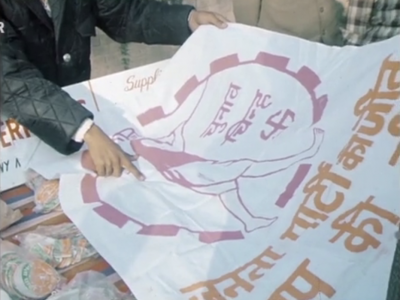
India: Vanity Campaign
30 December 1979 | 10 min 15 s
In this report for Weltspiegel, Navina Sundaram presents an outlook on election year 1980 in India, when 6,000 candidates competed for 542 seats in parliament. She comments on the confusing political landscape since the change of power in 1977, when Prime Minister Indira Gandhi of the Congress party was voted out for her Emergency regime. The current election campaign is less about programmes and more about personalities. One of them is Indira Gandhi, who insists that she was a victim of conspiracy and will now resume her rightful place. Her rival from the Janata Party is former colleague Jagjivan Ram, who believes he has the backing of 85 million disenfranchised people in India. Charan Singh, the incumbent prime minister, mainly addresses the rural population. The socialist George Fernandes is also in the running, for his newly founded party.
Acknowledgements
Merle Kröger and Philip Scheffner (pong, Berlin), Mareike Bernien
English translation and subtitling by Rubaica Jaliwala and Onir (Anticlock Films, Mumbai)
Support for English translation and subtitling, Goethe-Institut / Max Mueller Bhavan
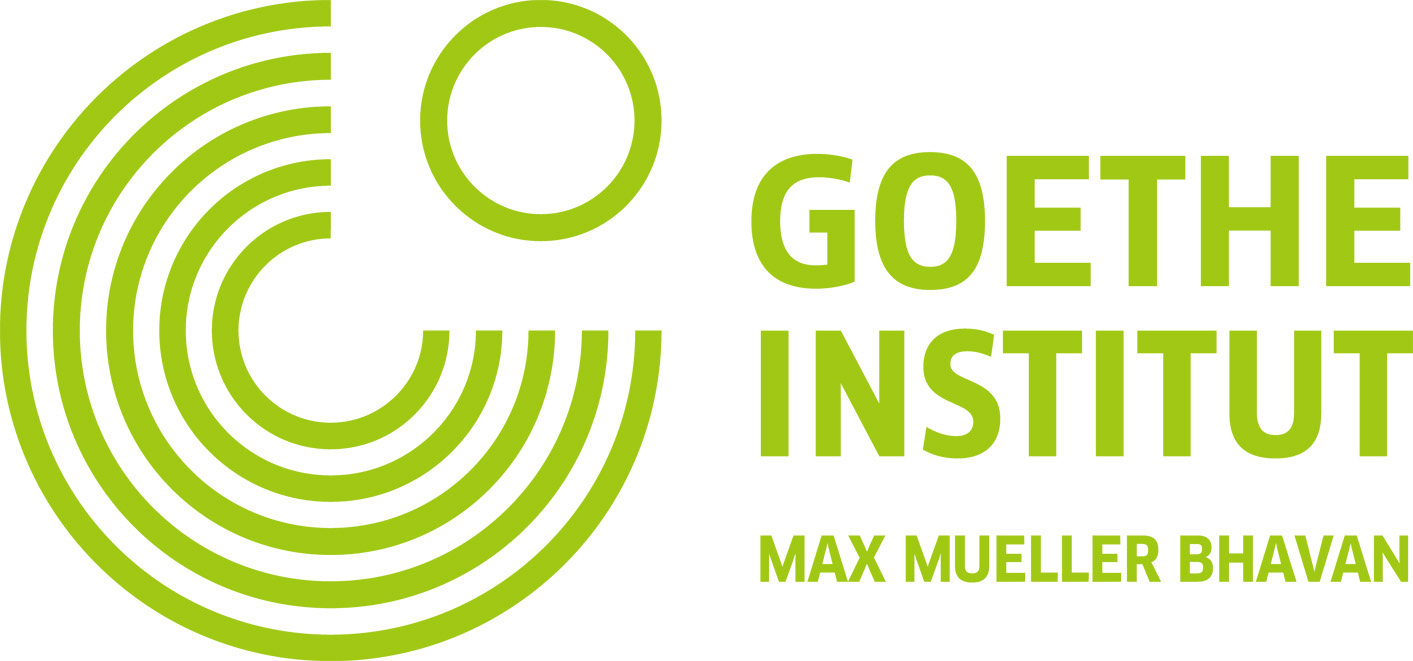
Panel Discussion
The panel comprising Merle Kröger, Deepa Dhanraj, Sashi Kumar and Volker Pantenburg, and moderated by Madhusree Dutta explored issues relating to contemporary archiving practices, documentary activism, the political potential of television journalism, the presence of multiple locations in the work of Navina Sundaram, and media histories.
Saturday, 22 January 2022, 6.30 pm IST / 2 pm CET


